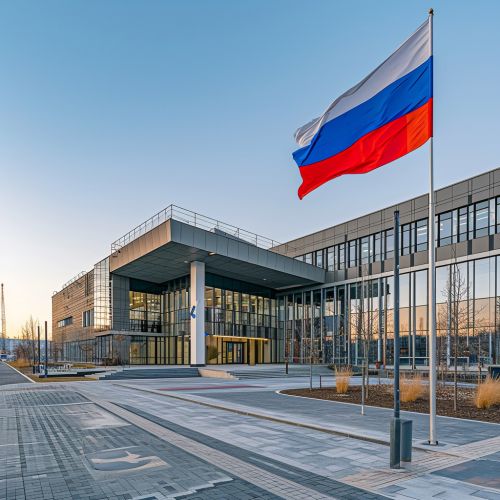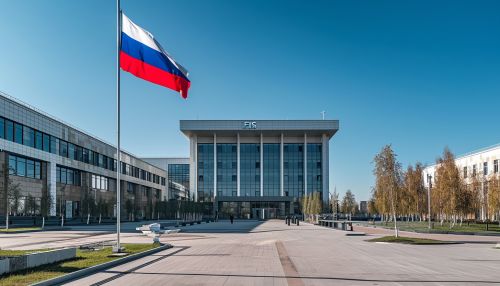Foreign Intelligence Service (Russia)
Overview
The Foreign Intelligence Service (FIS) is Russia's external intelligence agency, primarily tasked with intelligence and espionage activities outside the Russian Federation. It is a successor of the First Chief Directorate (FCD) of the Committee for State Security and was officially established on December 1991 by a decree of President Boris Yeltsin.
History
The FIS traces its lineage to the First Chief Directorate of the KGB. The KGB was a main security agency for the Soviet Union from 1954 until its dissolution in 1991. The First Chief Directorate was responsible for foreign operations and intelligence collection activities by the training and management of the covert agents, intelligence collection management, and the analysis of the intelligence.


Structure
The FIS is organized into several directorates and departments, each responsible for different aspects of intelligence work. The most significant are the First and Second Directorates, responsible for operational and strategic intelligence respectively. Other directorates handle areas such as signals intelligence, counterintelligence, and analysis.
Operations
The FIS conducts a wide range of intelligence operations, including human intelligence (HUMINT), signals intelligence (SIGINT), and cyber intelligence. These operations are aimed at gathering information on foreign governments, corporations, and individuals that may be of interest to the Russian government.
Recruitment and Training
The FIS recruits from a variety of sources, including the military, academia, and industry. Recruits undergo a rigorous selection process, followed by extensive training in areas such as foreign languages, surveillance, and espionage techniques.
Controversies and Criticisms
The FIS has been involved in several controversies and has been criticized for its actions both domestically and internationally. These include allegations of interference in foreign elections, involvement in assassinations of exiled Russian dissidents, and cyber warfare activities.
